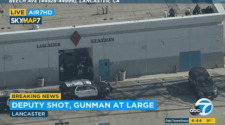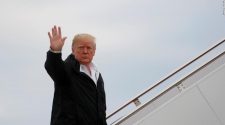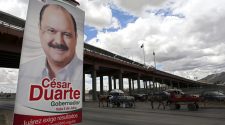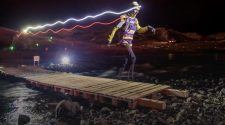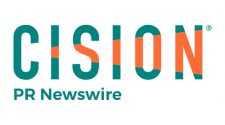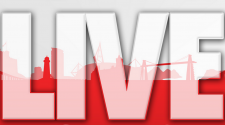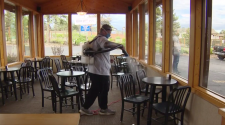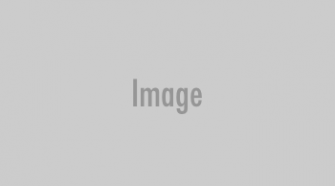A whistleblower and an academic have said pressure from the Australian government’s top cyber security agency led to their speeches being cancelled at a conference in Melbourne.
Former NSA whistleblower Thomas Drake, and Melbourne University academic Dr Suelette Dreyfus were both due to speak at the Australian Cyber Conference in Melbourne on October 7-9.
They had both been booked since November last year but were told last week that their speeches had been cancelled due to being “incongruent” with the rest of the conference, Drake and Dreyfus told the Guardian.
The Australian Information Security Association advised them of the cancellation, but it is understood it came after pressure from the event partner, Australian Cyber Security Centre, the Australian government’s peak cyber security agency.
Drake was a former senior executive at the US National Security Agency, and leaked information about the NSA’s data gathering in 2006. He was prosecuted under the Espionage Act in 2010, but the case collapsed.
Drake said the cancellation of his speech on the “golden age of surveillance” was “Orwellian” and the first time, anywhere in the world, he has had a speech cancelled at a conference.
“This is the first time ever I’ve been censored at a conference. How ironic it is here in Australia,” said Drake.
“I was literally on the agenda up until a few days ago. The link appears to be whistleblowing.
“If you are a whistleblower, you are persona non grata. I think there was significant pressure at the last minute at what appears to be a review of the entire agenda.”
Drake said his speech was to be on surveillance as a global growth industry, and the insatiable demand for people’s data, not just from governments but from businesses.
“What is the price of surveillance? Is it ‘privacide’? Is it no place to hide? Is there any such thing as privacy rights any more? And what is the role of technology in all of this,” he said.
Dreyfus’ speech was to be on secure and anonymous digital dropboxes as an anti-corruption tool for whistleblowers.
“This is being rolled out by anti-corruption authorities in Europe and is relevant to the fact that there has been a growth in whistleblower protection laws in the last seven or eight years,” Dreyfus said.
“I think they are nervous that there should be any public discussion of whistleblowing technology, and that’s concerning because clearly tech has a role to support whistleblowing and whistleblowing has a role supporting anti-corruption and internal security.”
Drake said that he had been open with providing information with the conference organisers on what his talk was to be about, including abstracts and slides.
The Guardian sought comment from the Australian Information Security Association and the Australian Cyber Security Centre.
Other speakers at the event include officials from ACSC, the chief information security officers at the Victorian government and the Australian Parliament, as well as a representative from Home Affairs talking about the Australian government’s cyber security strategy.


